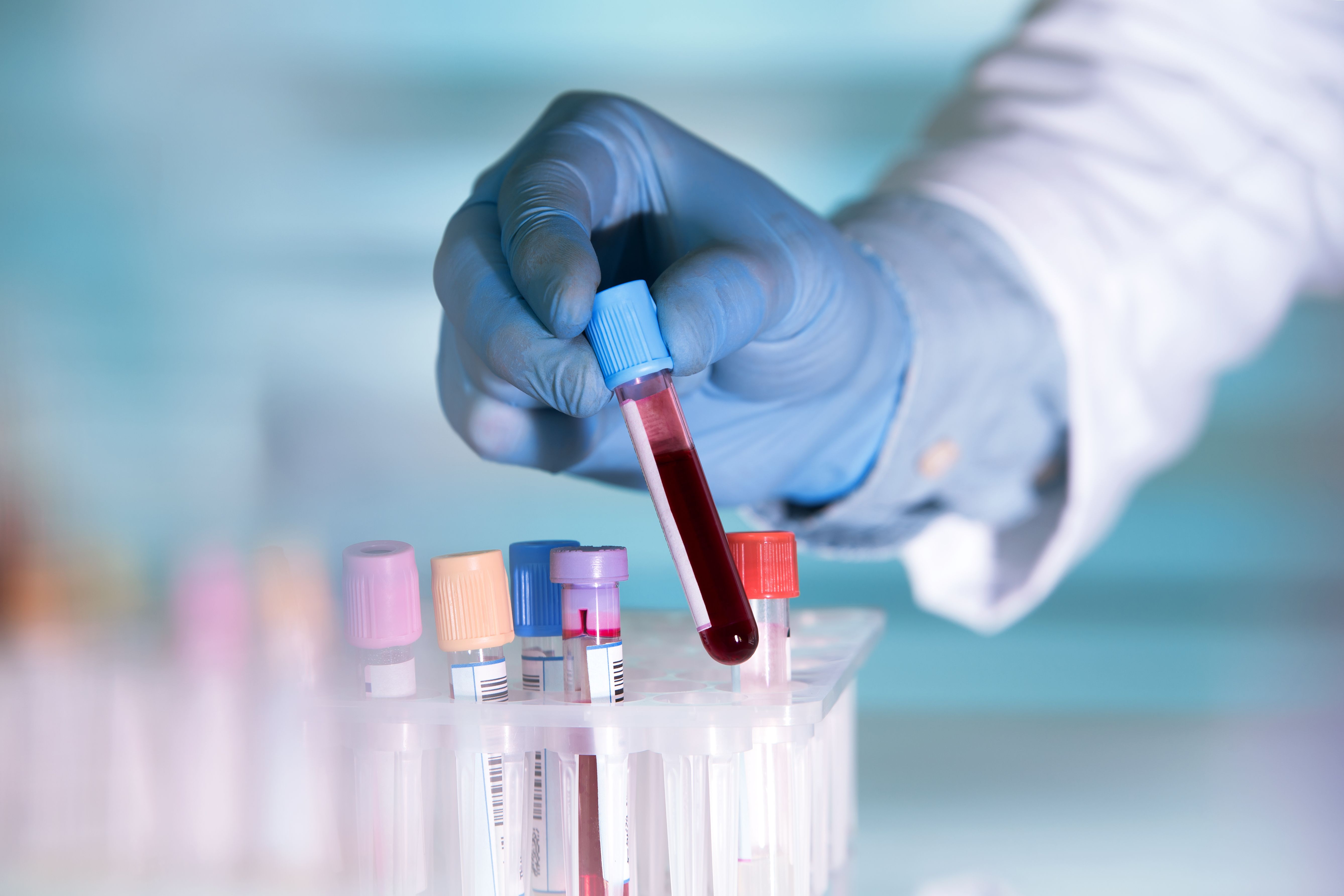
(Vienna, 12 April 2021) There are already several vaccines against SARS-CoV-2, and these are regarded as the most important factor in combating and containing the pandemic. However, there are very few drugs that can be used to treat an active coronavirus 2 infection. An international team of researchers led by Musa Khaitov at the Institute of Immunology (FBMA) in Moscow, working with Rudolf Valenta, Head of the Division of Immunopathology at MedUni Vienna's Institute of Pathophysiology and Allergy Research, has now developed a new drug that is inhaled and could prevent severe lung damage in Covid-19 patients.
Valenta explains: "Only few treatments are currently available, among them the antibody cocktail from Regeneron, consisting of two antibodies, and the use of blood plasma. In this case virus-specific antibodies from support treatment." The drug that has now been developed has been tested in an animal model and phase I studies and phase II studies have been started. In this drug, a ribonucleic acid is combined with a carrier peptide and mixed so that the active ingredient can be specifically introduced into infected cells, where it prevents the virus from replicating. A protective mechanism built into the ribonucleic acid prevents that the medicine degrades and is rendered ineffective.
"It is in liquid form and can be inhaled like an asthma spray," explains the researcher from MedUni Vienna's Center for Pathophysiology, Infectiology and Immunology. Since it has a half-life of less than 60 minutes, the spray has to be used several times a day. The results of the study, which has now been published in the leading journal "European Journal of Allergy and Clinical Immunology", suggest that the active agent prevents serious lung damage and slows down severe disease courses. "This treatment option might be particularly useful for severe Covid-19 ICU patients needing ventilation. Indeed, it is the lungs that are most commonly affected by the disease," says Valenta.
Rudolf Valenta's working group at MedUni Vienna was primarily involved in characterising the carrier peptide in this study. Incidentally, the ribonucleic acid (RNA)-based medicine can be traced back to the research work of the two winners of the 2006 Nobel Prize in Medicine, Craig Mellow and Andrew Fire, who jointly discovered so-called RNA-interference, which results in the switching off of specific genes in eukaryotic cells (Note: nucleated cells).
Service: European Journal of Allergy and Clinical Immunology
“Silencing of SARS‐CoV‐2 with modified siRNA‐peptide dendrimer formulation.” Khaitov M, Nikonova A, Shilovskiy I, Kozhikhova K, Kofiadi I, Vishnyakova L, Nikolsky A, Gattinger P, Kovchina V, Barvinskaya E, Yumashev K, Smirnov V, Maerle A, Kozlov I, Shatilov A, Timofeeva A, Andreev S, Koloskova O, Kuznetsova N, Vasina D, Nikiforova M, Rybalkin S, Sergeev I, Trofimov D, Martynov A, Berzin I, Gushchin V, Kovalchuk A, Borisevich S, Valenta R, Khaitov R, Skvortsova V. Silencing of SARS-CoV-2 with modified siRNA-peptide dendrimer formulation. Allergy. 2021 Apr 10. doi: 10.1111/all.14850. Epub ahead of print. PMID: 33837568. LINK: https://onlinelibrary.wiley.com/doi/10.1111/all.14850